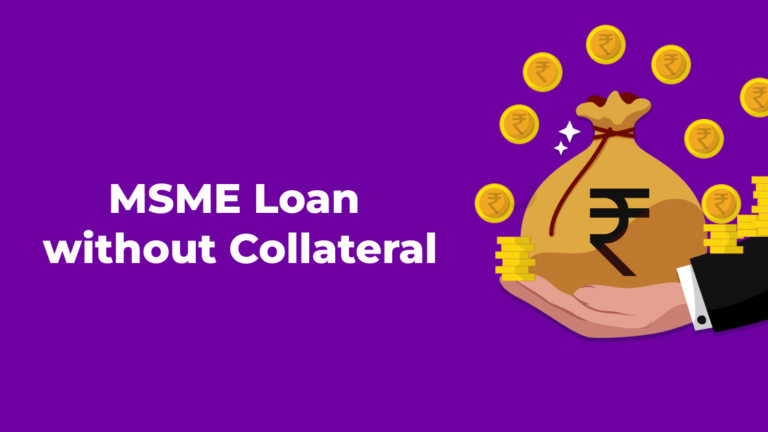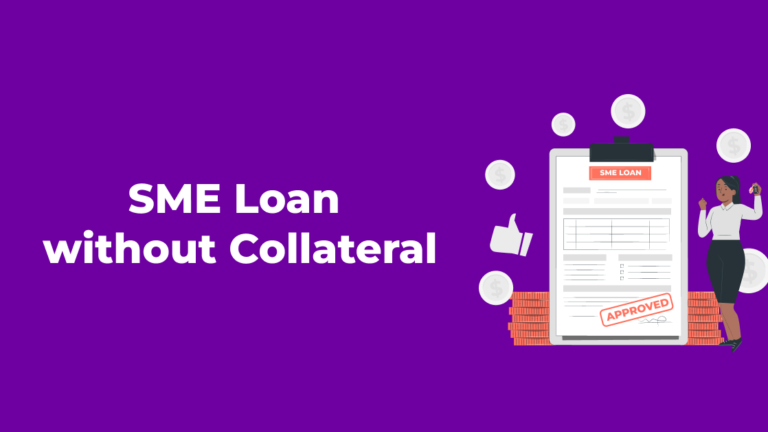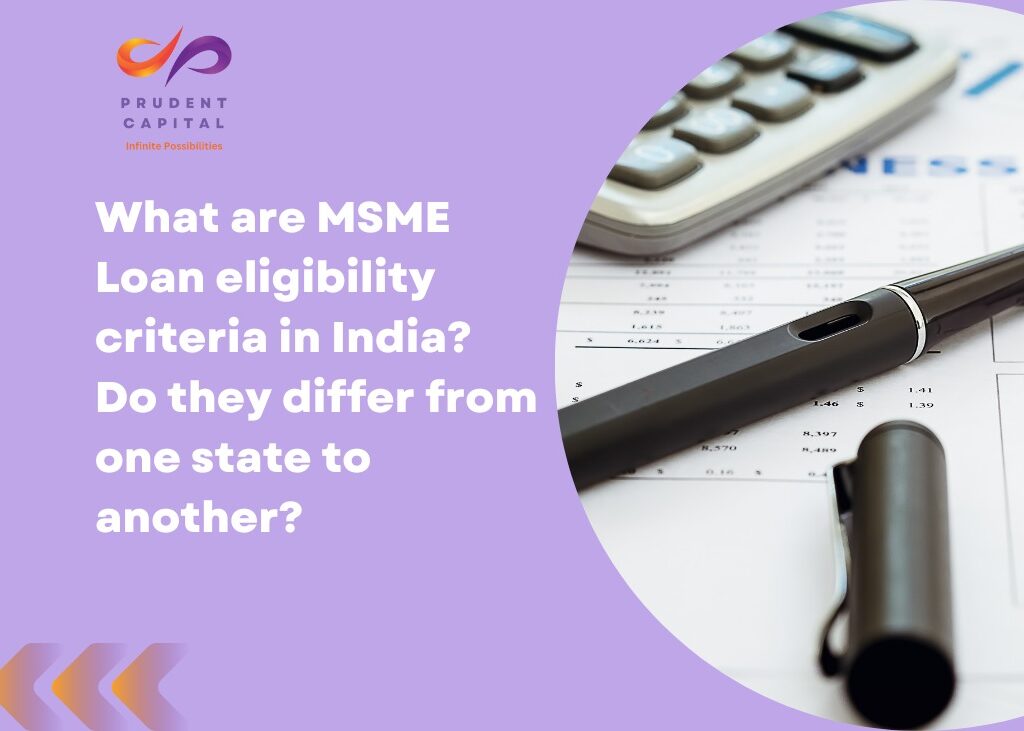Governance Tokens, Risk Management, and Stable Rates: Untangling DeFi’s Wild Frontier
Wow! Ever get that feeling that decentralized finance is like the Wild West without a sheriff? Seriously, governance tokens and their tangled mess around risk and stable rates can feel like trying to herd cats. I was digging into how protocols handle governance—especially since users like us want both influence and security—but the reality’s more complicated than just voting on proposals. Initially, I thought governance tokens were just a neat way to democratize control. But then I realized that their impact on risk management and interest stability is way more subtle—and sometimes sketchy. On one hand, token holders can steer the platform’s policies, but on the other, the concentration of tokens often sidelines real decentralization. Something felt off about the whole “decentralized” claim. And stable rates? Yeah, they sound great for borrowers wanting predictability, but locking them in on volatile DeFi platforms is tricky. The math behind interest rate models, liquidity pools, and collateral valuations often clashes with the governance mechanisms that are supposed to keep things stable. Hmm… it’s like trying to build a sandcastle on shifting ground. Check this out—protocols like Aave have tried to innovate here, offering governance tokens that not only vote but also incentivize risk mitigation. I’m no fan of blindly trusting smart contracts, but seeing how they incorporate community decisions into risk parameters is pretty fascinating. You can explore more about their approach here. But the real kicker? Even with all these mechanisms, unexpected black swans can still blow things up. The interplay between governance and risk is not just technical; it’s deeply social. People’s incentives, fears, and herd behavior shape outcomes more than code in many cases. Here’s what bugs me about current governance token models: they often reward early adopters disproportionately, which can lead to voting power being hoarded instead of spread out. This centralization risks undermining the risk management frameworks that rely on broad community oversight. At the same time, stable rate offerings sometimes feel like a bandaid on a bullet wound. Borrowers lock in rates expecting predictability, but if the underlying collateral or liquidity dries up, those stable rates can backfire. It’s a balancing act that’s very very delicate. Okay, so check this out—some DeFi platforms have started experimenting with dynamic governance models that adjust token voting weight based on risk exposure. It sounds smart, but I’m not 100% sure if it’s practical at scale, especially when user incentives clash with protocol health. On one hand, you want active participation; on the other, too much influence by risky actors can cause havoc. My instinct said that risk management in DeFi can’t just be about code or governance tokens alone. It needs a layered approach where governance acts as a feedback loop, constantly evolving with market conditions and user behavior. But is that happening yet? Nah, not really. Why Stable Rates Are a Double-Edged Sword Borrowers love stable rates because, well, who wants to wake up to a 20% hike overnight? But here’s the thing: stable rates require the protocol to hedge against interest volatility somehow. That often means locking up liquidity or relying on complex algorithms that guess future market behavior. That sounds risky, right? In practice, if liquidity gets tight or collateral values plunge, the protocol faces a squeeze. Suddenly, those stable rates become unsustainable, and the system has to scramble—either by raising rates sharply later or forcing liquidations. That part bugs me because it feels like a trap for less experienced users who think “stable” means “safe.” I remember one time, a friend locked in a stable rate on a DeFi loan, feeling secure, only to see the platform’s liquidity evaporate days later. The rate stayed “stable,” but the collateral calls came fast and furious. It’s a harsh lesson in how stable doesn’t always mean risk-free. Actually, wait—let me rephrase that. Stable rates in DeFi probably work best as part of a diversified strategy, not a standalone feature. When paired with robust governance and risk controls, they can offer value. But relying solely on stable rates without considering governance token dynamics and risk exposure is like sailing without a compass. On one hand, stable rates provide predictability. Though actually, if governance can’t react quickly to changing conditions because of token holder apathy or power imbalances, that predictability might be illusory. It’s a paradox that makes DeFi governance so fascinating—and frustrating. Governance Tokens: Power, Risk, and Responsibility Governance tokens are often touted as the ultimate democratizer, giving users a say in protocol evolution. But from what I’ve seen, power dynamics are messy. Early whales often have outsized voting power, and many token holders don’t even bother voting. This inactivity can let risk accumulate unchecked. Here’s a quick gut-check: if a handful of token holders can decide risk parameters affecting thousands of users, is that really decentralized? I’m biased, but it feels more like an oligarchy with a fancy name. Still, I admire some projects that try to balance this by introducing delegated voting, quadratic voting, or time-locked tokens to incentivize responsible governance. It’s not perfect, but it’s a step forward. Also, some protocols tie governance token rewards to risk mitigation actions—like voting against risky collateral types or adjusting liquidation thresholds. This alignment of incentives is clever, though it can backfire if token holders prioritize short-term gains over long-term stability. Remember, governance is as much about culture and community as it is about code and tokens. Without active, informed participants who care about risk management, even the best-designed systems can falter. Oh, and by the way, for those diving deep into Aave’s approach (which blends governance tokens with risk controls and stable borrowing rates), you can check it out here. It’s a living case study of the complexities we’re talking about. So, What’s Next for DeFi Governance and Risk? Honestly, I don’t have all the answers. The space moves fast, and what feels like a solid model today might crumble tomorrow. But I’m convinced that governance tokens need to evolve beyond simple voting rights to incorporate real-time risk data








